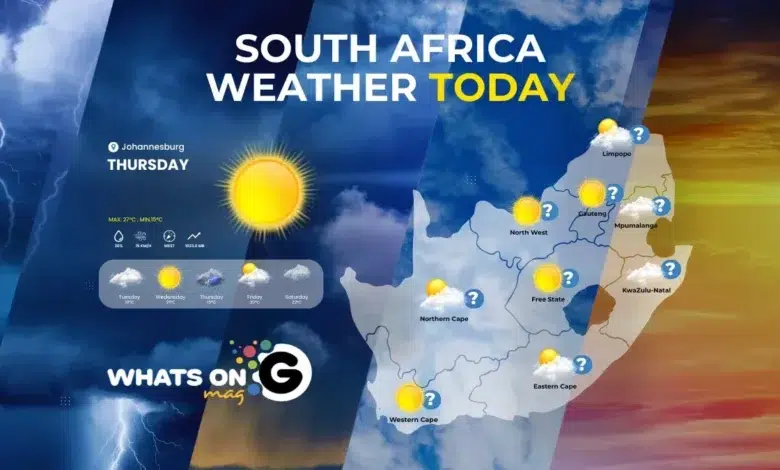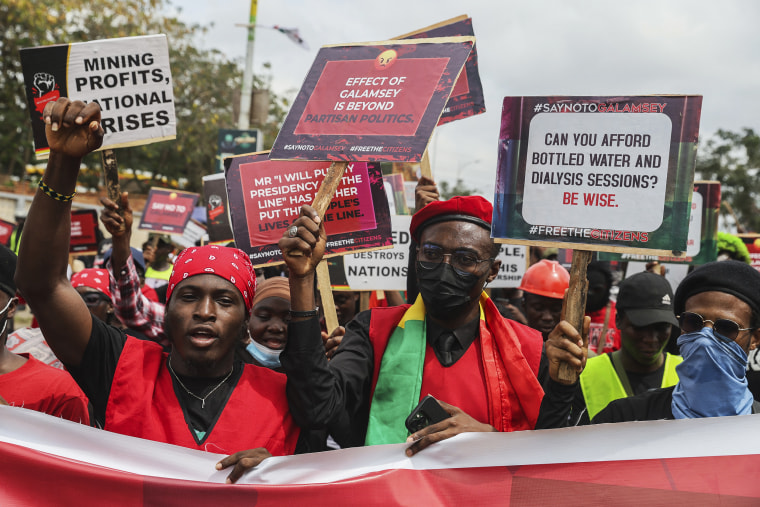The Rwanda DR Congo peace deal signed on June 27, 2025, stands as a pivotal moment in African diplomacy. Brokered by the United States, this historic agreement aims to end decades of tension and violent clashes between Rwanda and the Democratic Republic of Congo (DRC). It signals hope for millions who have suffered from instability, displacement, and economic stagnation caused by persistent conflicts in the Great Lakes region. 
Rwanda DR Congo peace deal: Addressing years of conflict
For decades, border tensions, rebel activities, and political distrust have fueled hostilities between Rwanda and the DRC. The Rwanda DR Congo peace deal directly targets these long-standing issues by outlining security cooperation, disarmament of militias, and mutual commitments to respect territorial sovereignty. Analysts believe this approach could finally lay the groundwork for lasting stability, reducing the humanitarian crises that have plagued local communities.
Rwanda DR Congo peace deal: Economic opportunities ahead
With peace comes the promise of economic renewal. Cross-border trade that once languished due to fear and instability is expected to thrive. Small businesses, farmers, and large investors alike anticipate new markets and increased mobility. As reported by Mauritius Biz Monitor, regional stability is essential for unlocking Africa’s vast economic potential, and this agreement could be a catalyst for transformative growth. 
Rwanda DR Congo peace deal: The role of international partners
This historic agreement would not have been possible without international mediation. The United States played a crucial role by bringing both sides to the negotiating table and offering diplomatic assurances. The African Union and United Nations have also pledged to monitor the implementation of the accord. This multi-stakeholder involvement increases confidence that the Rwanda DR Congo peace deal will hold and avoid the pitfalls of previous failed attempts at reconciliation.
Rwanda DR Congo peace deal: Boosting regional security
Security in the Great Lakes region has historically been fragile, punctuated by sudden flare-ups that have displaced thousands overnight. With the Rwanda DR Congo peace deal, security forces from both nations have embarked on an ambitious joint initiative to map and dismantle rebel strongholds along the porous borders. Early reports indicate several high-risk zones are already under cooperative surveillance, dramatically reducing the frequency of cross-border raids.
Community leaders, once fearful of even attending local markets, are cautiously resuming their daily lives. Families speak of finally sending their children to school without the gnawing anxiety that violence might erupt. As the region’s security stabilizes, confidence is expected to grow, encouraging more international NGOs and businesses to invest in critical infrastructure projects long on hold due to instability. Over time, this multilayered security partnership aims to ensure that ordinary people — farmers, traders, students — can reclaim a sense of normalcy that seemed out of reach for years.
Rwanda DR Congo peace deal: A hopeful shift in public sentiment
Perhaps the most remarkable transformation sparked by the Rwanda DR Congo peace deal is the subtle yet profound change in how communities perceive one another. In towns along the border, cultural groups are organizing joint music festivals and artisanal fairs, celebrating shared heritage once overshadowed by distrust. Local radio hosts now feature stories of neighbors reconnecting after years of suspicion, recounting how old friendships are being rekindled.
Even social media has become a platform for unity, with young people from both countries exchanging supportive messages, art, and poetry about peace. This emotional thawing is crucial; experts argue that sustainable peace hinges as much on interpersonal trust and mutual respect as on formal treaties. As hearts and minds evolve, the agreement’s true strength emerges, offering hope that grassroots harmony will secure what political documents alone never could.
Rwanda DR Congo peace deal: Strengthening governance structures
Central to the long-term success of the Rwanda DR Congo peace deal is its insistence on robust governance. Beyond troop movements and signed documents, the agreement explicitly calls for sweeping reforms to tackle corruption and enhance transparency. Both nations have begun rolling out anti-corruption tribunals designed to investigate public fund misuse swiftly.
In the DRC, civil society groups report an uptick in whistleblower activity, emboldened by new protections. Meanwhile, Rwanda has announced plans to integrate community representatives directly into oversight committees monitoring aid disbursement. According to a BBC investigation into African governance, these initiatives are essential to avoid the failures of past peace efforts that collapsed under the weight of mistrust and opaque leadership. By embedding accountability into the very fabric of their institutions, Rwanda and the DRC aim to ensure their citizens have confidence that peace dividends will be fairly distributed and long-lasting.
Rwanda DR Congo peace deal: Inspiring the continent
Beyond Rwanda and the DRC, this landmark accord has reverberated across Africa, offering a template for how even deeply entrenched conflicts might be resolved. Diplomats from the Sahel to the Horn of Africa have cited the Rwanda DR Congo peace deal in policy roundtables, exploring how its blend of international mediation and local ownership could be tailored to other hotspots. Think tanks in Abuja and Nairobi are drafting white papers drawing lessons from this breakthrough, advocating for African-centered solutions complemented by strategic global partnerships.
Meanwhile, pan-African youth forums are using this story as a rallying cry, championing unity over division and envisioning a future where borders no longer signify barriers but bridges of shared opportunity. As news outlets continue to highlight the unfolding success of this agreement, it feeds a growing continental narrative that Africa can overcome its historic fissures through cooperation, dialogue, and mutual investment in peace.
Rwanda DR Congo peace deal: The long road ahead
While optimism is high, seasoned analysts caution that sustaining peace requires vigilance. The Rwanda DR Congo peace deal is a promising foundation, but translating words into reality will demand persistent engagement from leaders, civil society, and ordinary citizens alike. Education campaigns are now being launched in schools to teach conflict resolution and the value of diversity, aiming to inoculate the next generation against the seeds of hatred. Village elders, long regarded as custodians of communal wisdom, are forming local peace committees to mediate disputes before they escalate.
Women’s groups are also stepping up, recognizing that their influence in family and community spheres is pivotal for reinforcing tolerance and dialogue. As international monitors track compliance with disarmament schedules, grassroots voices will be essential in holding all stakeholders accountable. In this way, the promise of the peace deal may evolve from a hopeful agreement into a living, breathing culture of nonviolence embedded in everyday life.
Conclusion: A milestone that could reshape Africa’s future
Ultimately, the Rwanda DR Congo peace deal stands as more than just a bilateral accord; it is a clarion call that echoes across Africa, challenging old narratives of inevitable strife. It showcases how courageous leadership, coupled with citizen-driven reconciliation, can defy the weight of history. As new roads are paved and markets once shuttered by fear come alive, this agreement could ignite waves of prosperity and solidarity that ripple far beyond central Africa. If nurtured with care and collective will, it might well become the keystone for a continental renaissance rooted not in conflict, but in shared aspirations for dignity, growth, and peace.
Source: allAfrica reports, June 27, 2025




